After years of being hounded by the British tabloid press and a slew of racist gossip about his wife Meghan Markle, it shouldn’t have been surprising when Prince Harry upped sticks and left the United Kingdom. The pair are now firmly ensconced in sunny Santa Barbara, California, on the other side of the world from both the Windsors and the ravenous tabloids.
Naturally, this hasn’t stemmed the negative press coverage, with there being some kind of weird unsubstantiated gossip from anonymous “royal sources” practically every day. But right now Harry is back in the news in connection to killer elephants in Malawi. So, what’s going on?
The elephant split
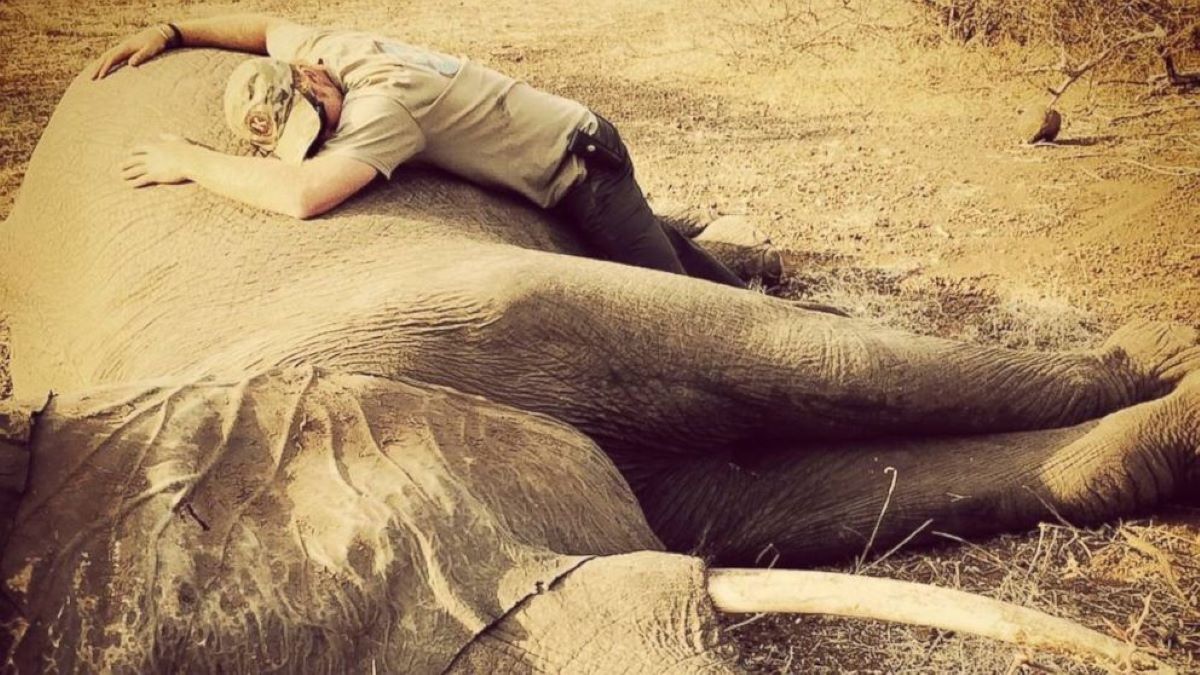
You may be surprised to learn that elephants (and elephant-related matters) are reportedly near the heart of Prince Harry’s falling out with Prince William. According to The Times, William and Harry had fierce arguments over the best way to save elephants from poachers. William’s take was that “you should focus on community-led schemes where local people over time feel empowered to protect the land,” whereas Harry favored “a more hands-on approach” to ensure that action was taken quickly.
Elephants may have also led Meghan Markle to Harry’s door (sadly not literally). As per The Atlantic Markle didn’t know much about Harry before she met him, though after looking at his elephant-heavy Instagram feed she realized his pachyderm fever made him very much her type (him also being a fabulously wealthy literal prince probably also factored into it). Markle went on to provide narration for the 2020 Disney Plus documentary Elephant and the pair have since gone to do hands-on work in elephant conservation together:
Harry’s desire for rapid and direct intervention in all matters elephant was put into practice in July 2022. By this time he’d become president of African Parks (he stepped down in 2023 and is now a board member), an NGO dedicated to wildlife protection and conservation. In conjunction with Malawi’s national parks service and another NGO, the International Fund for Animal Welfare, African Parks arranged for more than 260 elephants to be translocated from Liwonde National Park in southern Malawi to Kasungu National Park, a protected area 500km to the west.
The elephants were shot with tranquillisers, loaded into crates, and helicoptered into a “wake-up module” which is driven across the country. The elephants were then freed to enjoy their new home, safe from ivory poachers and anyone who would do them harm. But while the elephants might well be safer, the people of Kasungu are not.
Beware the elephant!
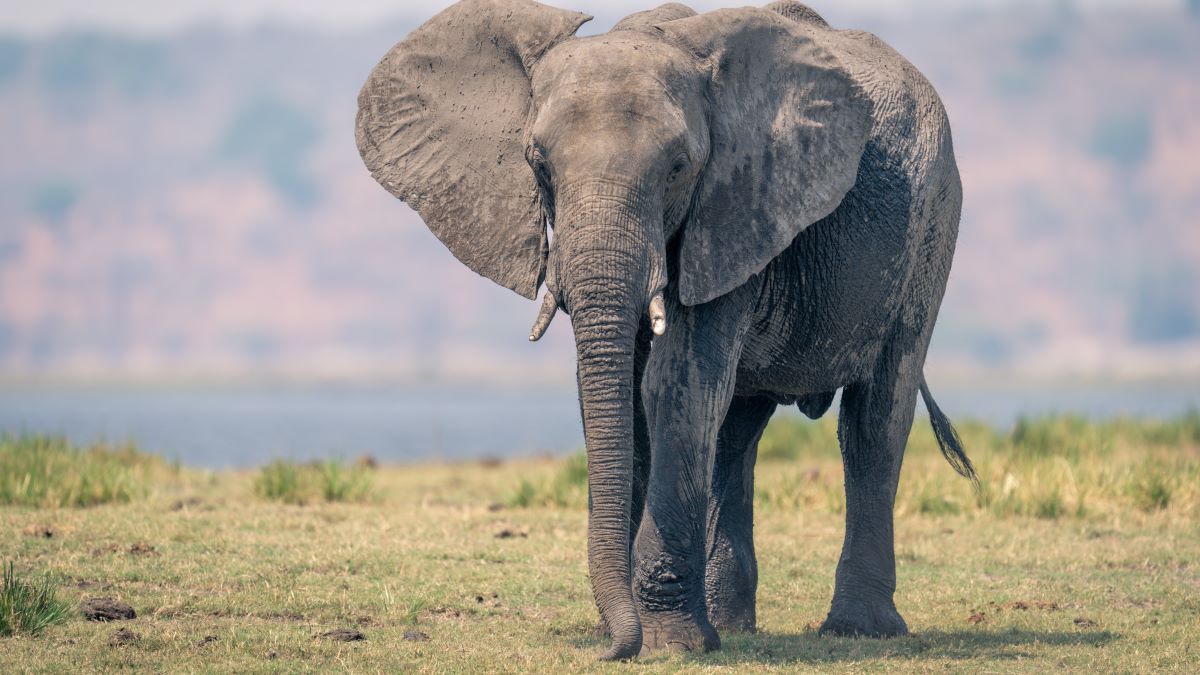
As per The Guardian, seven people have now been killed by these translocated elephants. Two of those deaths took place just days after the elephants were released, with a third being two months later. There have also been several elephant attacks that haven’t resulted in deaths.
Part of the problem appears to be that the elephants aren’t staying where they should. Soon after release elephants began straying into nearby villages looking for food. Collins Chisi, 40, and Joseph Blackson, 29, died after getting too close to the animals while taking photographs, and John Kayedzeka, 30, died in September.
Local representative Malidadi Langa has criticised Harry’s charity for not ensuring electric fences were in place first:
“We welcomed the translocation of these elephants because it will improve tourism for Kasungu. But we believe they should have completed the fence first. When they moved the first batch of elephants, within a week or so they had broken out of the park from the unfenced side and went into villages. One guy was killed. When we raised the issue, they said the elephants are disoriented and bound to get out of the park. Around the same week, an elephant killed someone else on the other side of the park. The irony is that Liwonde national park, from where the elephants came, which is run by African Parks, is fully fenced. The experience has shown that these conservation agencies care more about animals than people.”
At the time African Parks insisted that provisions were in place to monitor elephant movements. The elephants are satellite-collared to track their live location, there are rapid response units around the fence, and helicopters are on hand to tranquillize any elephant who escapes the perimeter.
Despite this four more locals have since died. Masiye Phiri, 31 was killed when she was charged by an escaped bull elephant in June 2023, Jackson Banda was killed by escaped elephants in Aug. 2023, and later that month Boniface Nkhoma was walking down a road at night when he encountered yet more elephants outside the park and was killed. The most recent confirmed death was in Sept. 2023, when Zambian citizen Andrew Phiri, 65, was killed by a bull elephant.
It’s worth pointing out that Prince Harry’s NGO African Parks has now ended its involvement with the translocation program. Regardless, they put out a statement defending their actions:
“There is a long way to go before human-wildlife conflict is brought to a manageable level. Any death, injury or impact on individuals or their livelihoods is unacceptable and is contrary to the very raison d’etre of African Parks, which places people at the centre of the rationale for conservation and our approach to protected area management.”
They also point out that elephant-related deaths have decreased since the translocation began:
“In the five years prior to African Parks’ management of Liwonde in 2015, there were at least 50 recorded human fatalities surrounding the park, as a result of elephants leaving the park. This is in contrast to five human fatalities outside of the park in the last seven years since African Parks’ management.”
It’s perhaps unfair to blame Prince Harry for Malawian villagers being killed by elephants, as he’s only indirectly involved in the situation. That said, African Parks’ website bills him as serving “as part of the expert team that helped implement the first phase of the 500 Elephants project, one of the largest and most significant elephant translocations in conservation history” so some of this should partly fall on his shoulders.
Perhaps you simply can’t move 500 elephants across a country without issues, but we suspect that’s scant relief to the families and friends of the deceased. Either way, we can only hope that the organizations in charge of the project figure out a way to keep the elephants where they’re supposed to be and stop the human death toll rising.

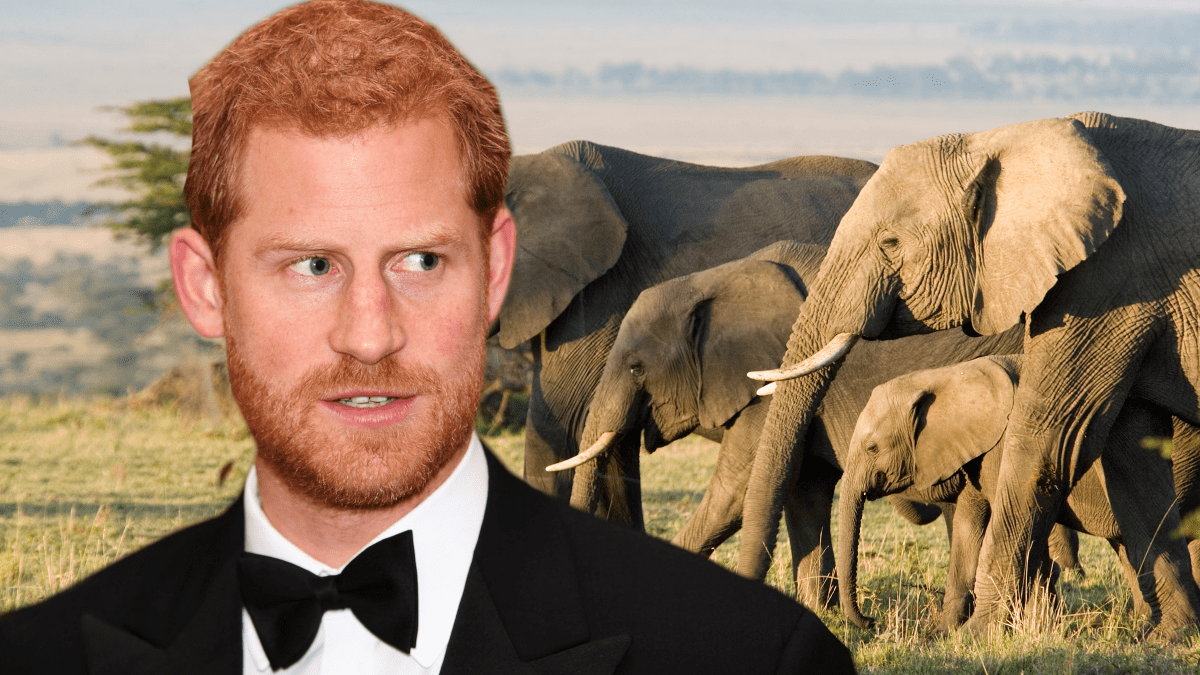
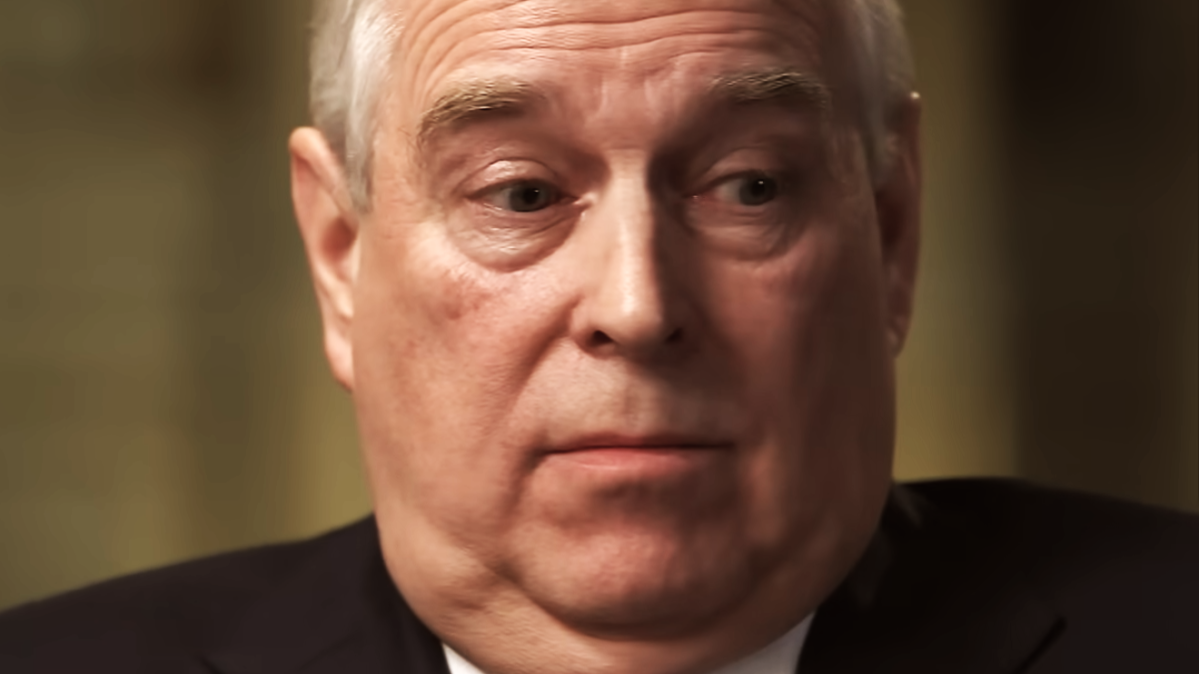


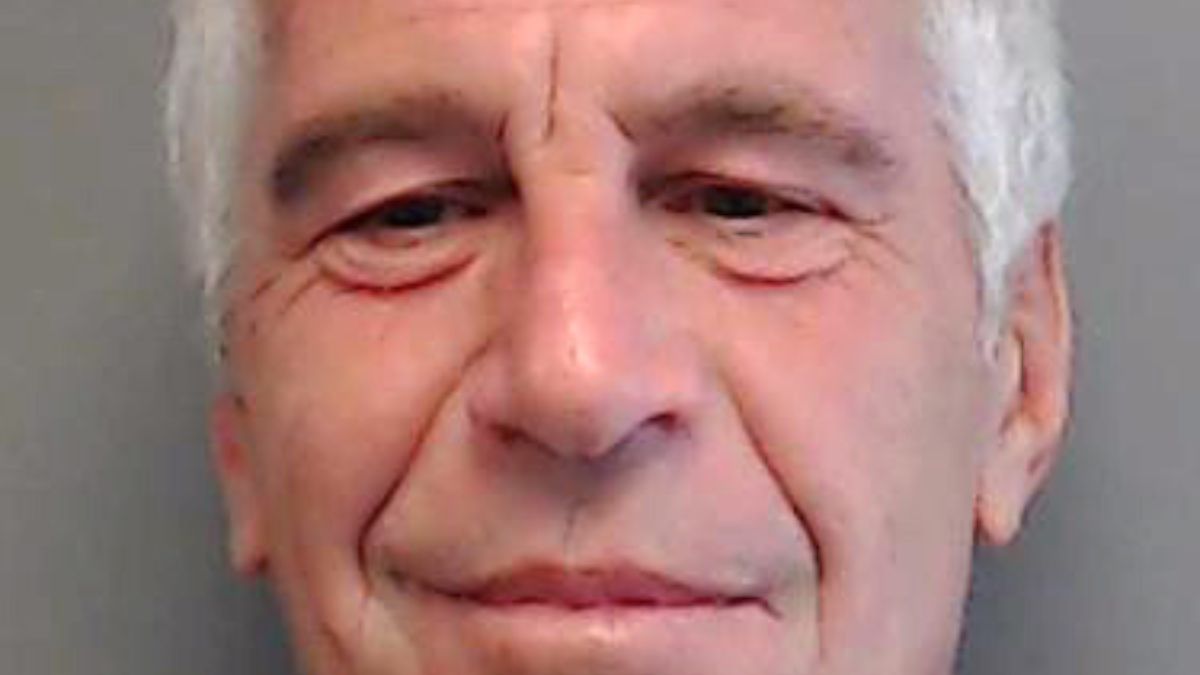
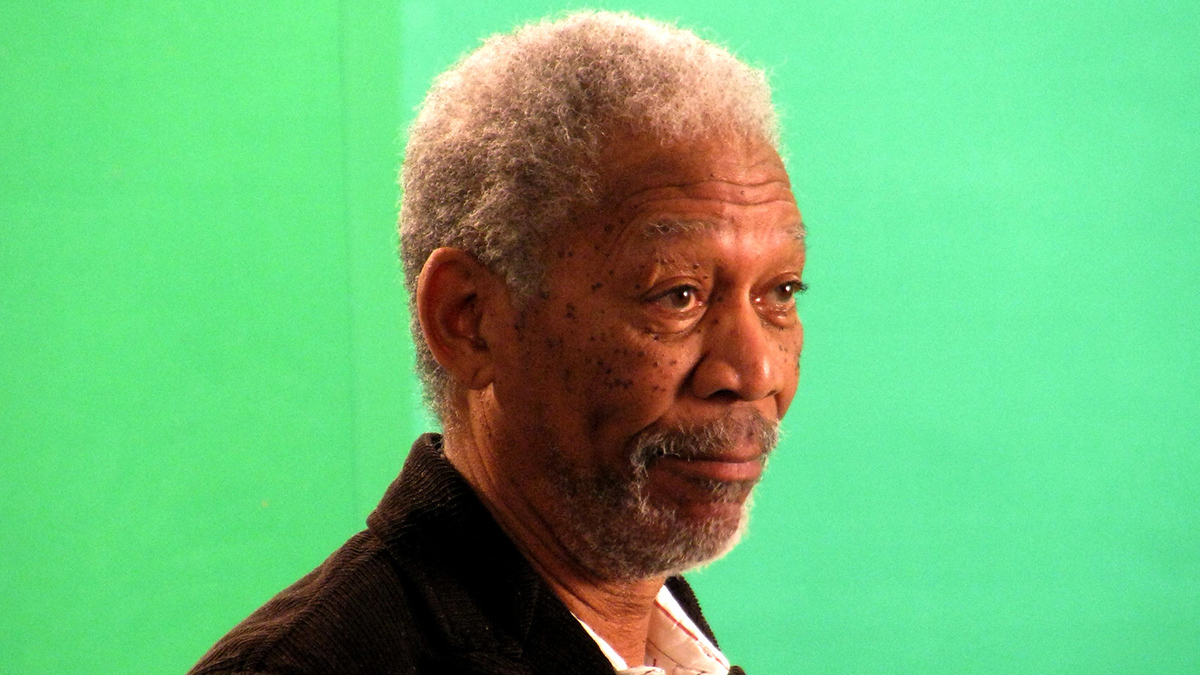


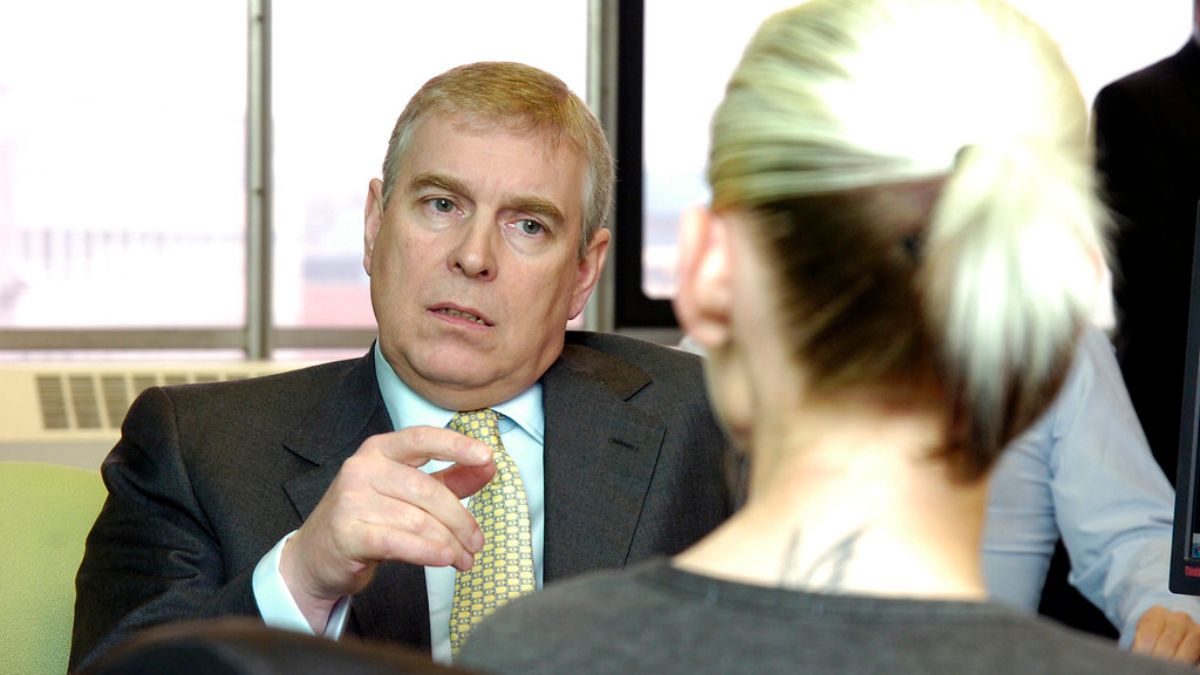

Published: Feb 16, 2024 06:33 am